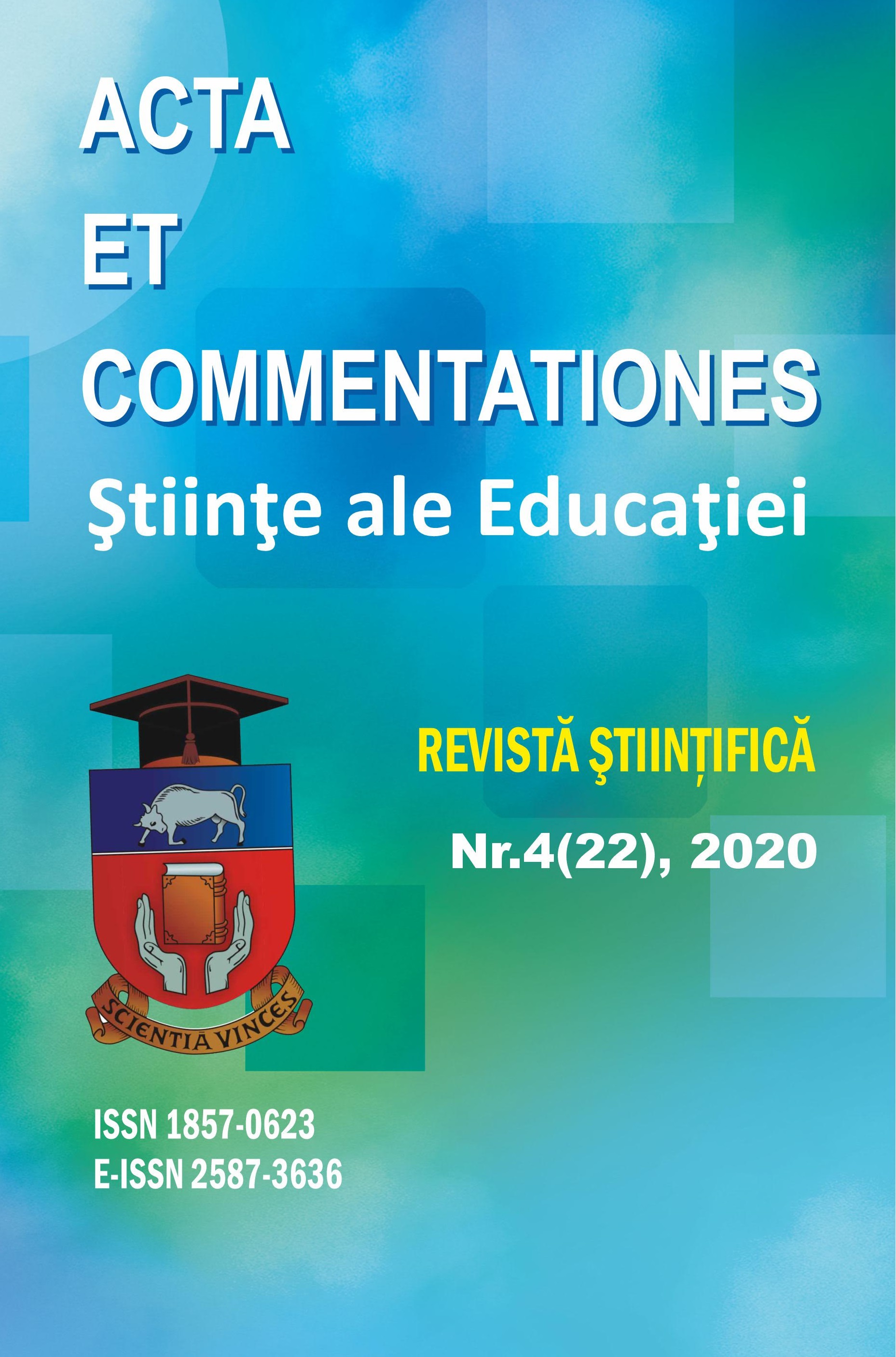Abstract
Forming moral behavior is based on moral actions and habits. From a psychological perspective, in order to develop moral behavior, you must have a moral conscience that can be formed through the cognitive, affective and volitional dimension. If the cognitive aspect is based on pedagogical elements (traits of norms, the formation of representations, and the structure of moral judgments, etc.), then the affective and the volitional aspect is psychologically outspoken (as they are formed by perceiving the emotional experiences, the altruistic feelings of others by us, and ours to others who must lead, as a finality, to the act, to the acts of will). Human personality is expressed by behavior. Formation of conscience and moral conduct is closely related to the psychogenic stages of human development. Depending on whether or not the moral behavior is formed at a certain stage in life, the relationships of a group or society that may be appropriate or defective develop.

This work is licensed under a Creative Commons Attribution-NonCommercial 4.0 International License.
